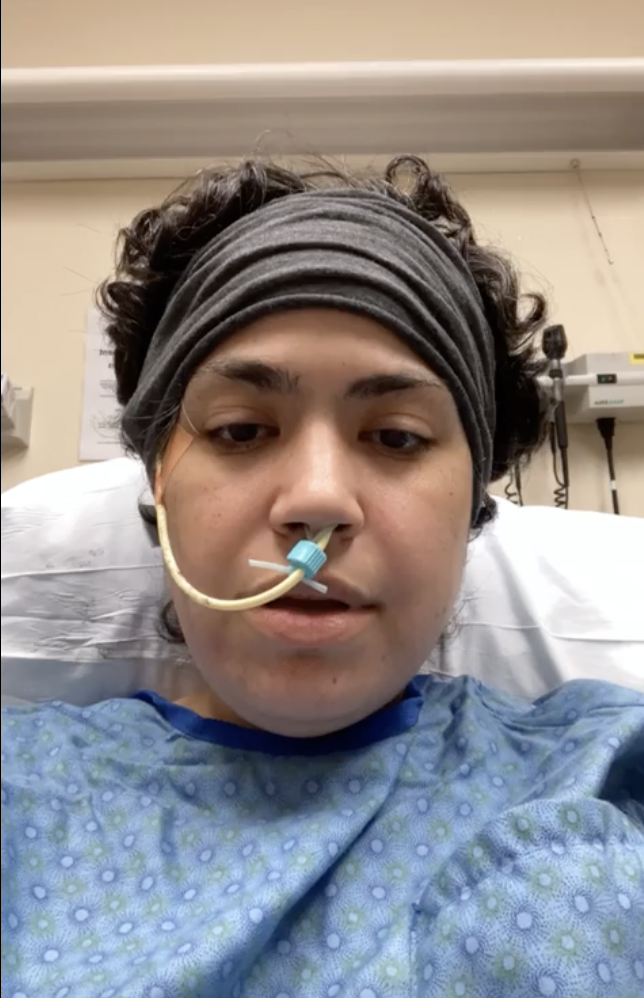Don’t Get Scammed When Participating in the Federal Cash for Clunkers Program
In late June, President Obama signed into law the Car Allowance Rebate System (CARS) or “Cash for Clunkers” program. CARS provides a rebate for consumers who trade in qualifying gas guzzlers for more energy efficient cars. The CARS program has proved to be extremely popular; Car shoppers burned through the $1 billion that was initially set aside for the program and the Federal government had to quickly appropriate an additional $2 billion to keep the program going.
Unfortunately, scammers are also looking to get a piece of the action from this popular government program. Even before the CARS legislation passed, the National Highway Traffic Safety Administration reported that unauthorized Web sites were soliciting information like names, addresses and Social Security numbers in order to allegedly register people for the program. BBB’s across the country have also received reports from consumers who have received phone calls with offers for help in filling out the paperwork to receive a voucher to participate in the program. In either situation, the consumer will not receive a $3,500 to $4,500 rebate check in the mail, but will most likely become the victim of identity theft. To legitimately participate in the CARS program, consumers must trade-in an eligible vehicle and purchase a qualified new car at an authorized car dealership.
“Consumers weren’t the only ones to take quick advantage of Cash for Clunkers, identity thieves have been racing to hook as many victims as they can before the program concludes,” said Tim Burns, Public Affairs Director for the Better Business Bureau Serving Eastern Michigan. “Identity thieves know that because the CARS program is in the headlines and there are some complexities and time limits involved with participating, they can entice sensitive personal information from consumers while looking like they are actually trying to offer them assistance.”
BBB offers the following guidance to car buyers on the basics of the CARS program:
• You do not need to register or receive a voucher to participate in the program; it is the responsibility of the dealership to fill out all appropriate paperwork.
• Not all dealers are participating in the program. Participating dealers must register with the Federal government.
• The program applies toward new cars and trucks that are either leased or purchased.
• Not all new vehicles will qualify for receiving the credit. The new vehicle must be priced less than $45,000 and passenger vehicles must have a combined fuel economy value of at least 22 miles per gallon.
• The amount of the credit is $3,500 or $4,500 depending upon the difference between the combined fuel economy of the vehicle that is traded in and that of the new vehicle. The credit will be deducted from the purchase cost of the new car. Consumers will not receive monetary compensation for participating in the CARS program.
• Trade-ins that qualify must be no older that 25 years and have a combined city/highway fuel economy of 18 miles per gallon or less at the time it was originally purchased. Visit www.fueleconomy.gov to learn the fuel economy of specific vehicles.
• The trade-in vehicle must have been continuously insured, in accordance with State law, and registered in the same owner’s name for the one-year period immediately prior to the trade-in.
Additional restrictions apply and BBB recommends consulting the official Web site for the CARS program at www.cars.gov for more information. Consumers can also call the CARS Hotline at (866)-CAR-7891 or TTY at (800)-424-9153
For more advice on purchasing and maintaining an automobile, visit www.bbb.org or call your local Better Business Bureau at (248) 644-9100.
Unpredictable Weather Brings Carbon Monoxide Poisoning Risks
The Michigan Department of Community Health (MDCH) is urging residents to be aware of the risks of carbon monoxide poisoning when using alternative sources of power during an outage.
Due to recent weather-related power outages, Michigan residents are asked to be extra vigilant as they compensate for the lost power.
If not used safely, gas-powered generators, kerosene heaters or other alternative heating or power sources can cause carbon monoxide poisoning. Residents are encouraged to seek shelter with friends,
family, or at a community shelter as a safer alternative.
Carbon monoxide is an invisible, tasteless, and odorless gas formed when fuel is burned. Carbon monoxide can build up to deadly levels within minutes in enclosed spaces and can only be detected with a carbon monoxide detector.
Warning signs of carbon monoxide poisoning include flu-like symptoms without the fever: headache, nausea, vomiting, dizziness, drowsiness, and confusion. Carbon monoxide poisoning can cause coma and death. Every year, hundreds of people in Michigan are hospitalized and 15 to 20 die as a result of carbon monoxide poisoning.
To prevent carbon monoxide poisoning when the power is out:
- NEVER run a generator inside your house or in your garage, and keep it away from windows and doors. (If theft is a concern, lock it to a tree or fence.)
- NEVER use charcoal or propane grills or camp stoves indoors.
- Do not use portable heaters powered by propane or kerosene indoors.
- Always turn off your vehicle in the garage.
- Place a carbon monoxide detector in the hallway outside bedrooms in all sleeping areas.
If you suspect you or a family member is displaying signs of possible carbon monoxide poisoning, get fresh air immediately and call 911. For more information on how to avoid carbon monoxide poisoning, please visit www.michigan.gov/carbonmonoxide.
Becoming a payee may be the best way to help
By Vonda VanTi, Social Security Public Affairs Specialist
If a loved one, friend or neighbor receives Social Security or Supplemental Security Income (SSI) benefits but is no longer physically or mentally able to take care of his or her financial affairs, you may want to consider becoming a representative payee. Then, you’ll be able to help them with managing their money.
Keep in mind that being a representative payee is not the same as having power of attorney. Even if you do have power of attorney, you will need to apply to be a representative payee in order to have the benefit payments made to you on the beneficiary’s behalf.
When we learn that a person is no longer able to handle his or her own Social Security or SSI benefits, we conduct a careful investigation and appoint a relative, friend or other interested party to serve as the representative payee. This means that if you agree to be a representative payee and we appoint you, we pay you the person’s benefits to use on his or her behalf.
As a representative payee, you would be responsible for using the benefit payments to help meet the basic needs of the beneficiary. Primarily, the funds should be used to provide food, clothing, shelter, utilities and other essential needs for the person eligible for benefits.
Each year, Social Security will mail you a form to account for the benefits you have received. The quickest and easiest way to complete the form is online, at www.socialsecurity.gov/payee. You can also complete the paper form and return it to Social Security.
Vonda VanTil is the public affairs specialist for West Michigan. You can write her c/o Social Security Administration, 50 College SE, Grand Rapids MI 49503 or via email at vonda.vantil@ssa.gov.



